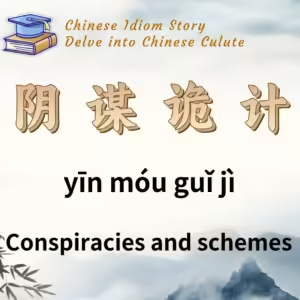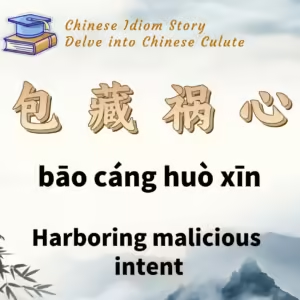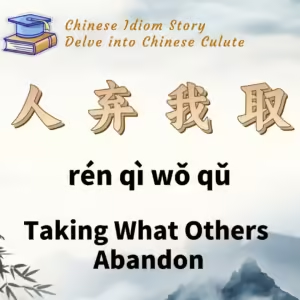
Chinese Idiom: 阴谋诡计 (Yin Mou Gui Ji)
English Translation: Conspiracies and schemes
pīn yīn: yīn móu guǐ jì
Idiom Meaning: Refers to malicious plots or schemes that are secretly devised to harm others.
Historical Source: “History of Song” (《宋史》), specifically the biography of Yu Shen (余深).
Idiom Story:
Yu Shen was a native of Fuzhou during the Northern Song Dynasty. He achieved the degree of Jinshi (the highest imperial examination degree) in the fifth year of Emperor Shenzong’s reign (1082 AD) and served in various official positions throughout his career. Under Emperor Huizong, he rose to roles such as the Supervising Censor and Vice Censor.
Upon reviewing Yu Shen’s life and actions, the compiler of “History of Song” wrote a critical commentary about him: “Shen flattered and allied himself with Cai Jing, forming a close-knit faction. He was the chief among those who aided Cai’s treacherous schemes.” This means that Yu Shen, along with another official named Lin Han, became accomplices of the corrupt Chancellor Cai Jing, engaging in mutual protection and conspiracy.
One notable incident occurred when Yu Shen was in charge of investigating a case involving a man named Zhang Suhuan. Discovering that Cai Jing had connections to this case, Yu Shen colluded with Lin Han to cover for Cai. They destroyed and altered any evidence linking Cai to the case, which garnered Cai’s gratitude. Consequently, Cai recommended both Yu Shen and Lin Han for higher positions, solidifying their power.
From this story, the term “阴谋诡计” (Yin Mou Gui Ji) evolved to describe the malicious and secretive plots similar to those employed by Yu Shen and his conspirators. This idiom serves as a warning against the dangers of hidden agendas and treachery in politics and society.






